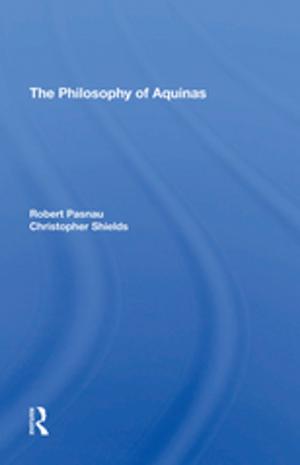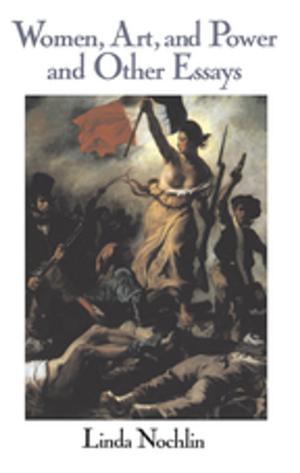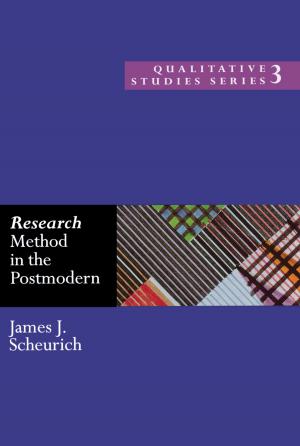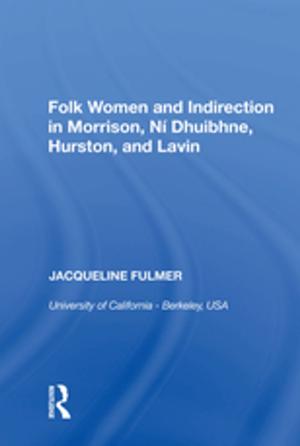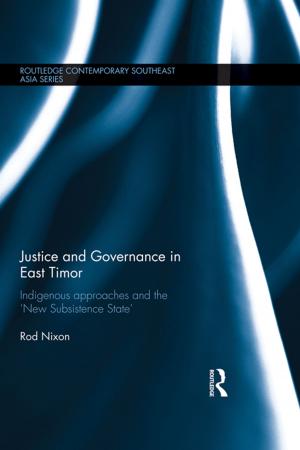| Author: | Alfred R. Lindesmith | ISBN: | 9781351534000 |
| Publisher: | Taylor and Francis | Publication: | July 5, 2017 |
| Imprint: | Routledge | Language: | English |
| Author: | Alfred R. Lindesmith |
| ISBN: | 9781351534000 |
| Publisher: | Taylor and Francis |
| Publication: | July 5, 2017 |
| Imprint: | Routledge |
| Language: | English |
This classic study is concerned with addiction to opiate-type drugs and their synthetic equivalents. Lindesmith proposes and systematically elaborates a rational, general theoretical account of the nature of the experiences which generate the addict's characteristic craving for drugs. While this theoretical position has obvious implications for addictions that resemble opiate addiction in that they also involve drugs which produce physical dependence and withdrawal distress, the author does not extend the theory to these other forms of addiction, such as alcoholism.The central theoretical problem is posed by the fact that some persons who experience the effects of opiate-type drugs and use them for a period sufficient to establish physical dependence do not become addicts, while others under what appear to be the same conditions do become addicted. The focus of theoretical attention is on those aspects of addiction which may reasonably he regarded as basic or essential in the sense that they are invariably manifested by all types of addicts regardless of place, time, method of use, social class, and other similar variable circumstances. Lindesmith then makes a brief statement of a view of current public policy concerning addiction in the United States reform which, it is believed, would substantially reduce the evils now associated with addiction and the large illicit traffic in drugs. He interviews approximately fifty addicts over a fairly extended period of time sufficient to establish an informal, friendly relationship of mutual trust.The attempt to account for the differential reactions among drug users requires specification of the circumstances under which physical dependence results in addiction and in the absence of which it does not. It also requires careful consideration of the meaning of "addiction," spelled out in terms of behavior and attitudes characteristic of opiate addicts everywhere. This book strives to understand these aspects of addiction with t
This classic study is concerned with addiction to opiate-type drugs and their synthetic equivalents. Lindesmith proposes and systematically elaborates a rational, general theoretical account of the nature of the experiences which generate the addict's characteristic craving for drugs. While this theoretical position has obvious implications for addictions that resemble opiate addiction in that they also involve drugs which produce physical dependence and withdrawal distress, the author does not extend the theory to these other forms of addiction, such as alcoholism.The central theoretical problem is posed by the fact that some persons who experience the effects of opiate-type drugs and use them for a period sufficient to establish physical dependence do not become addicts, while others under what appear to be the same conditions do become addicted. The focus of theoretical attention is on those aspects of addiction which may reasonably he regarded as basic or essential in the sense that they are invariably manifested by all types of addicts regardless of place, time, method of use, social class, and other similar variable circumstances. Lindesmith then makes a brief statement of a view of current public policy concerning addiction in the United States reform which, it is believed, would substantially reduce the evils now associated with addiction and the large illicit traffic in drugs. He interviews approximately fifty addicts over a fairly extended period of time sufficient to establish an informal, friendly relationship of mutual trust.The attempt to account for the differential reactions among drug users requires specification of the circumstances under which physical dependence results in addiction and in the absence of which it does not. It also requires careful consideration of the meaning of "addiction," spelled out in terms of behavior and attitudes characteristic of opiate addicts everywhere. This book strives to understand these aspects of addiction with t


